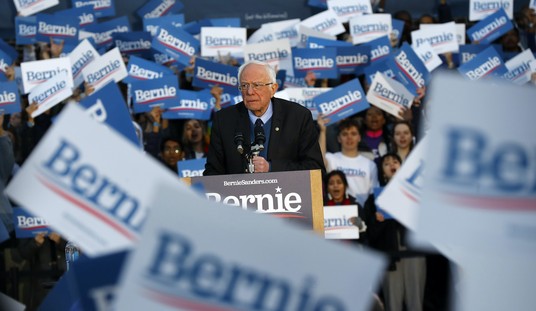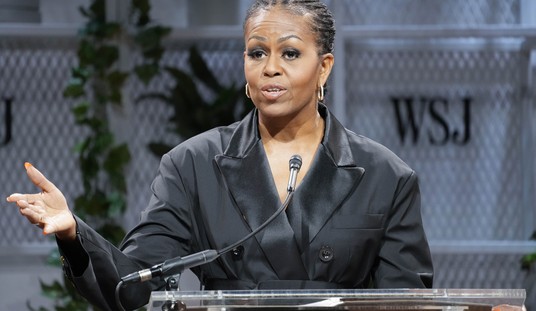Venezuelan President Hugo Chavez won reelection to his fourth six-year term last October, insistent that the cancer he’s been publicly batting since June of 2011 would not get in the way of his continuing presidency. Since absconding to Cuba for a cancer-treatment operation last December, however, the America-hating, Assad-backing, socialist-Marxist hasn’t been seen in public and his lieutenants’ testimonies that their leader is on the mend have gotten progressively less rosy.
Venezuelans have been getting restless with the lack of specifics surrounding their president, and there are all kinds of rumors floating around, including that Chavez might already be dead — which his supporters fiercely deny.
Senior aides and relatives of Venezuela’s Hugo Chavez countered on Friday a crescendo of rumors that the socialist president may be dead from cancer, saying he was still battling for his life.
“There he is, continuing his fight, his battle, and we are sure of victory!” his brother Adan Chavez, the governor of Barinas state, told cheering supporters during an event.
Speculation about Chavez, 58, has reached fever pitch this week, fed in part by assertions from Panama’s former ambassador to the Organization of American States (OAS), Guillermo Cochez, that the Venezuelan leader had died.
“The launching of absurd and bizarre rumors by the right wing simply discredits them and isolates them further from the people,” Chavez’s son-in-law Jorge Arreaza, who is also Venezuela’s science minister, said via Twitter.
But are the rumors really that “absurd” and “bizarre”? Fausta Wertz points out reports suggesting that Chavez’s cancer is getting even more aggressive, and even that he has been a brain-dead vegetable since the end of December and that his family has decided to take him off of life support — and the opposition is not pleased with the dishonest public representation:
Vamos a ver como le explican al país en los prox.días de todas las mentiras que han dicho sobre la situación del Presidente
— Henrique Capriles R. (@hcapriles) March 1, 2013
Translation: We’ll see how they explain all the lies they’ve been telling about the president’s situation in the coming days. Via Reuters:
So it is hardly surprising that both sides of Venezuela’s bitter political divide, while publicly wishing Chavez a full recovery, are also feverishly preparing for a snap campaign.
“A presidential election has not been called yet, but you have to be prepared and we are ready,” said Henrique Capriles, the most likely opposition candidate.
Chavez beat Capriles when he won re-election in October, but the opposition leader has defeated two former vice presidents in regional votes and would probably face the current vice president, Nicolas Maduro, if Chavez dies or steps down.
“I’ve thrashed two vice presidents already … . Bring on the third!” he said this week.
It definitely seems like a pragmatic general consensus is finally forming that Chavez is not going to come back from this, and the respective parties are manning their battle stations without Chavez at the top of the ticket. However this plays out is going to have some mega implications for both Venezuela and all of Latin America; as the WSJ asks, what now?
Few people around the world are more keenly interested in the health of cancer-stricken Venezuelan President Hugo Chávez than a pair of brothers in Cuba: Fidel and Raúl Castro.
Since becoming president of Venezuela in 1999, Mr. Chávez has developed an exceptionally close bond with Fidel Castro, who has served as the Venezuelan’s mentor, medical adviser and father figure. The personal relationship between the old dictator and his younger autocratic pupil has evolved into a web of economic and political ties that today bind together the destinies of the two countries. It has given the poor, almost bankrupt island enormous power over its far wealthier and more populous oil-producing neighbor. …
If the relationship between Havana and Caracas were to end or falter, many Cubans fear that the island’s threadbare economy could be pushed into depression, as in the early 1990s, when Cuba lost Soviet aid and its economy plunged by about 40%. “It could lead to a social upheaval,” said Riordan Roett, the head of Latin American studies at Johns Hopkins University.








Join the conversation as a VIP Member